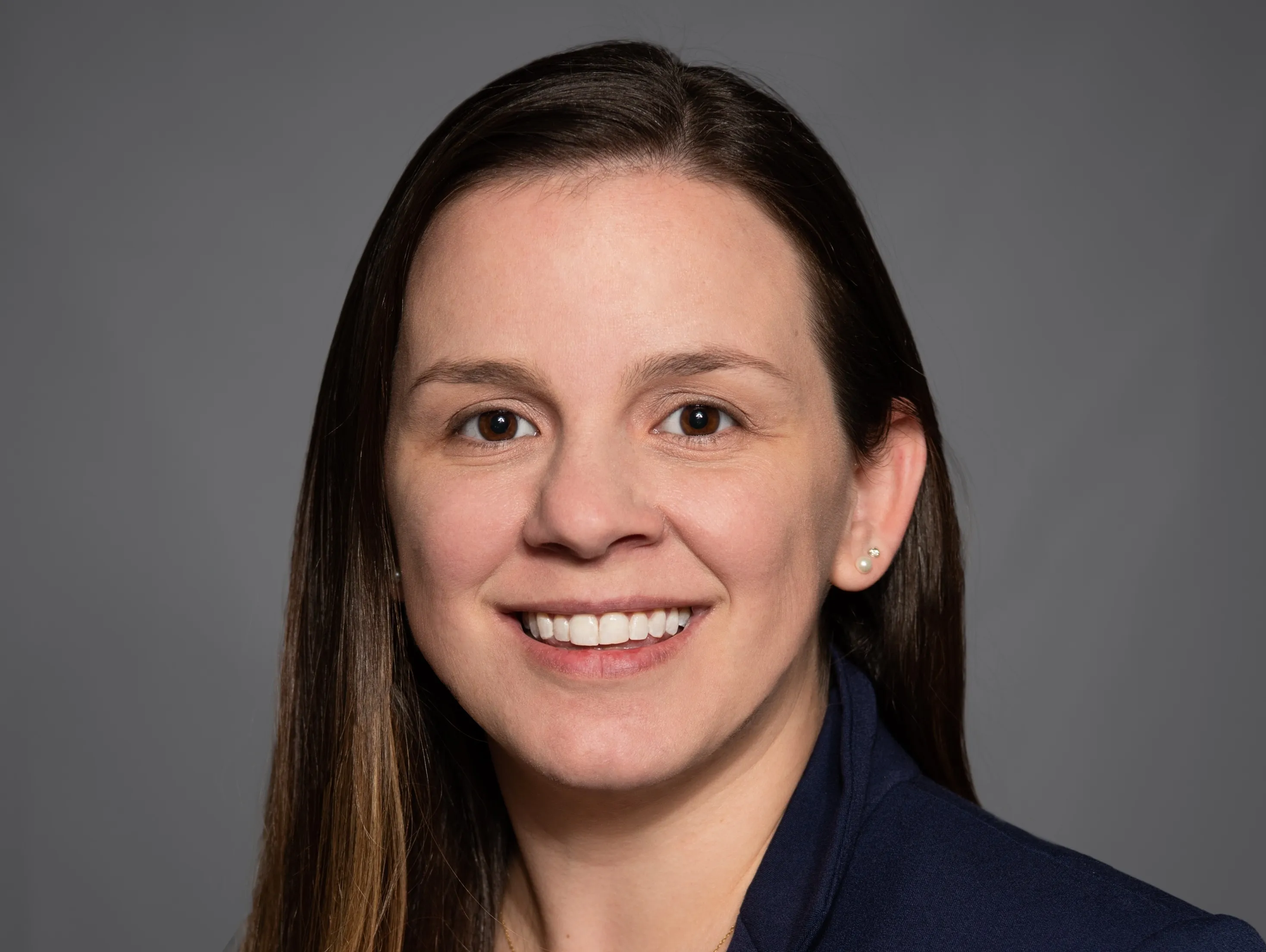Associated Press (AP) recently reported that three of Google's self-driving cars have been involved in accidents since September, when California allowed them to begin using public roads.
The parts supplier Delphi Automotive had one accident, which an accident report the company provided to AP showed was not its fault. Delphi said at the time the car was being driven by the person the DMV requires behind the wheel during testing.
US consumer rights advocate Consumer Watchdog has now called on Google
May 13, 2015
Read time: 3 mins
Associated Press (AP) recently reported that three of 1691 Google's self-driving cars have been involved in accidents since September, when California allowed them to begin using public roads.
The parts supplier7207 Delphi Automotive had one accident, which an accident report the company provided to AP showed was not its fault. Delphi said at the time the car was being driven by the person the DMV requires behind the wheel during testing.
US consumer rights advocate Consumer Watchdog has now called on Google to release the reports of accidents involving its driverless cars and to commit to making public all future driverless car accident reports.
It learned that there had been accidents involving Google's robot cars when it filed a Public Records Act request with the California Department of Motor Vehicles (DMV) seeking communications between Google and the department. However, the DMV treats driverless car accident reports confidentially and would not release them.
"It is important that the public know what happened," wrote John M. Simpson, Consumer Watchdog's Privacy Project director, in a letter to Google. "You are testing driverless vehicles on public highways, quite possibly putting other drivers at risk."
Chris Urmson, director of Google's self-driving car program, says 11 accidents in 1.7 million miles is a lot better record than most humans achieve.
Writing in a blog post, he says, “If you spend enough time on the road, accidents will happen whether you’re in a car or a self-driving car. Over the six years since we started the project, we’ve been involved in 11 minor accidents (light damage, no injuries) during those 1.7 million miles of autonomous and manual driving with our safety drivers behind the wheel, and not once was the self-driving car the cause of the accident.”
"Rear-end crashes are the most frequent accidents in America, and often there’s little the driver in front can do to avoid getting hit; we’ve been hit from behind seven times, mainly at traffic lights but also on the freeway," he said. "We’ve also been side-swiped a couple of times and hit by a car rolling through a stop sign. ... We have a detailed review process and try to learn something from each incident, even if it hasn’t been our fault.
“Not only are we developing a good understanding of minor accident rates on suburban streets, we’ve also identified patterns of driver behaviour (lane-drifting, red-light running) that are leading indicators of significant collisions.”
The parts supplier
US consumer rights advocate Consumer Watchdog has now called on Google to release the reports of accidents involving its driverless cars and to commit to making public all future driverless car accident reports.
It learned that there had been accidents involving Google's robot cars when it filed a Public Records Act request with the California Department of Motor Vehicles (DMV) seeking communications between Google and the department. However, the DMV treats driverless car accident reports confidentially and would not release them.
"It is important that the public know what happened," wrote John M. Simpson, Consumer Watchdog's Privacy Project director, in a letter to Google. "You are testing driverless vehicles on public highways, quite possibly putting other drivers at risk."
Chris Urmson, director of Google's self-driving car program, says 11 accidents in 1.7 million miles is a lot better record than most humans achieve.
Writing in a blog post, he says, “If you spend enough time on the road, accidents will happen whether you’re in a car or a self-driving car. Over the six years since we started the project, we’ve been involved in 11 minor accidents (light damage, no injuries) during those 1.7 million miles of autonomous and manual driving with our safety drivers behind the wheel, and not once was the self-driving car the cause of the accident.”
"Rear-end crashes are the most frequent accidents in America, and often there’s little the driver in front can do to avoid getting hit; we’ve been hit from behind seven times, mainly at traffic lights but also on the freeway," he said. "We’ve also been side-swiped a couple of times and hit by a car rolling through a stop sign. ... We have a detailed review process and try to learn something from each incident, even if it hasn’t been our fault.
“Not only are we developing a good understanding of minor accident rates on suburban streets, we’ve also identified patterns of driver behaviour (lane-drifting, red-light running) that are leading indicators of significant collisions.”









